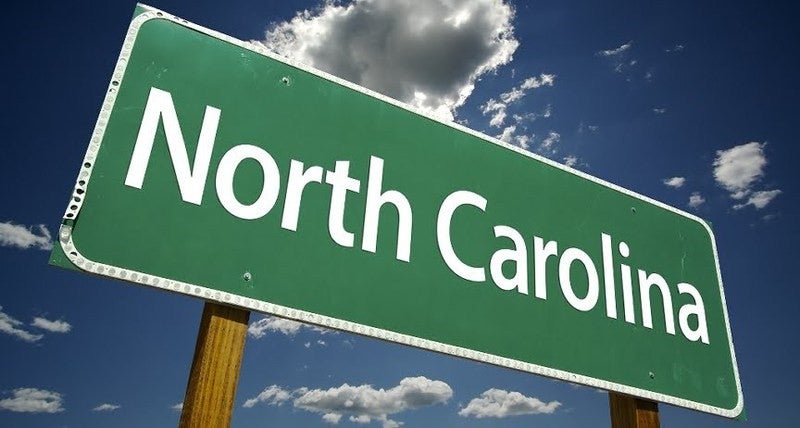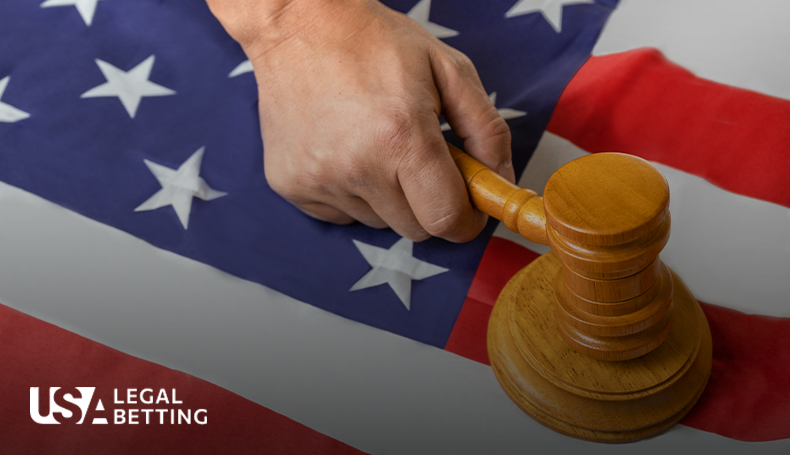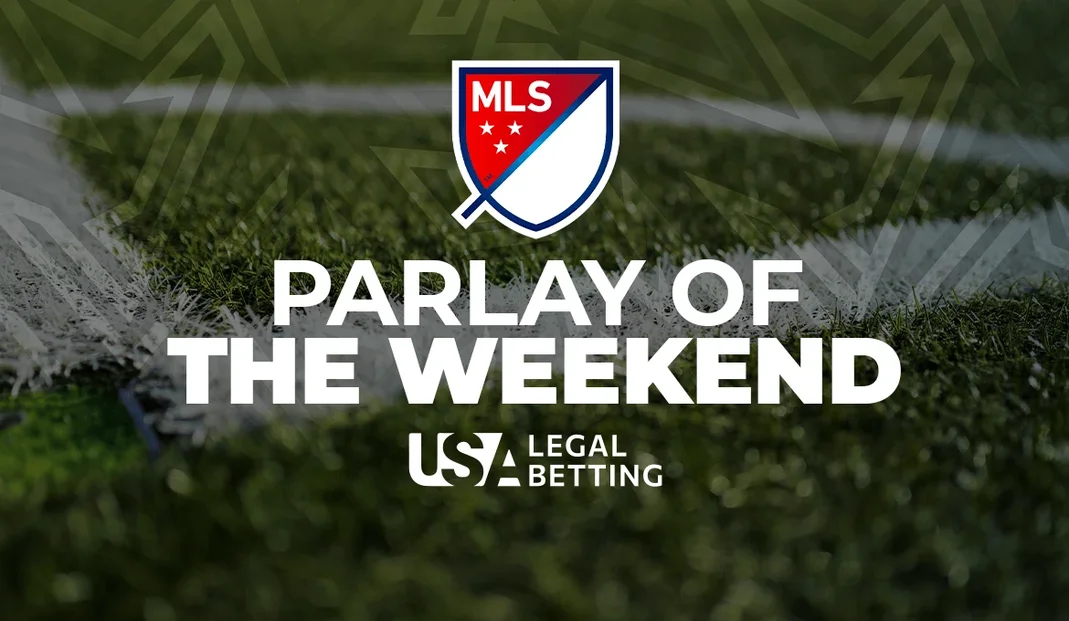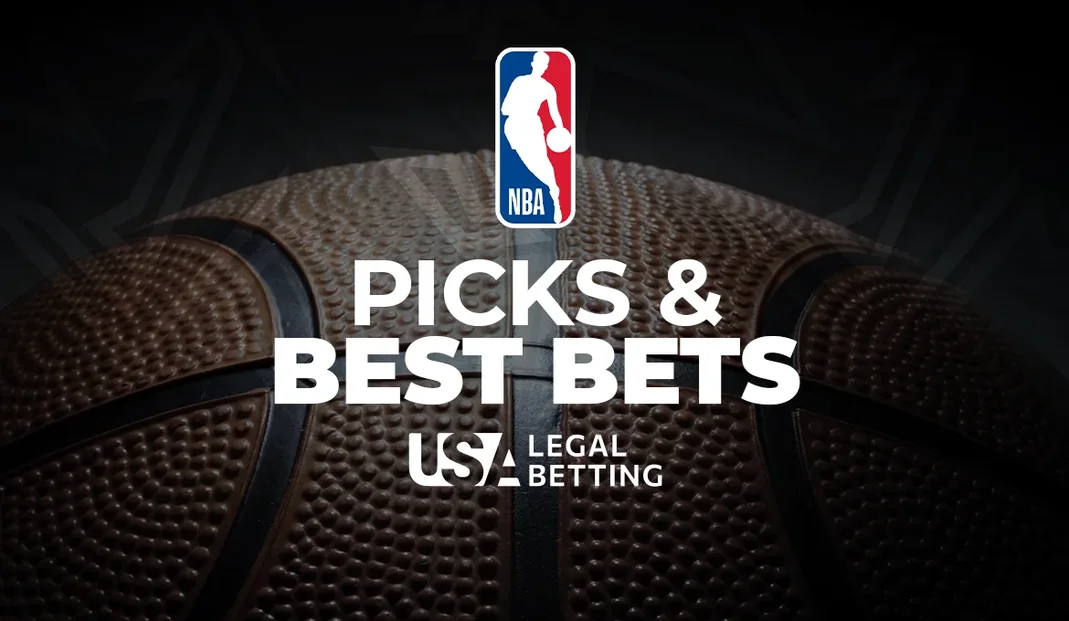There are several economic stipulations of the soon-to-be law. For example, two million dollars will be given annually to the Department of Health and Human Services to address and treat problem gambling. $300,000 will be donated annually to athletics departments at in-state schools and universities, including historically black colleges and universities such as NC A&T, North Carolina Central University, and others.
Officials also divvied up portions of the remaining funds to other departments.
The first attempt to expand sports betting in North Carolina outside of three tribal casinos came in 2019. In 2022, sports betting was one House vote shy of going before the Governor’s desk.
Nearby states Tennessee and Virginia have more expansive sports betting markets. Virginia has been the more successful of those and, per first quarter totals, is on pace to eclipse $300 million in yearly revenue.
Despite the sports betting success to the north and the west, North Carolina is in a unique position. It is only one of a couple of states that have two neighbors that don’t have legal sports betting markets (South Carolina and Georgia), which affords it the opportunity to become a regional power. Nearby Alabama also doesn’t have legal sports betting outfits, which increases the opportunity.
Although the NBA and NHL seasons recently wrapped up, and North Carolina does not have an MLB team, the Tar Heel state has the chance to be ready for the NFL postseason. It’s unlikely that the young Panthers are still playing in January (if the market is ready by then), but there’s still likely to be a massive outpouring of support once the books go live.










